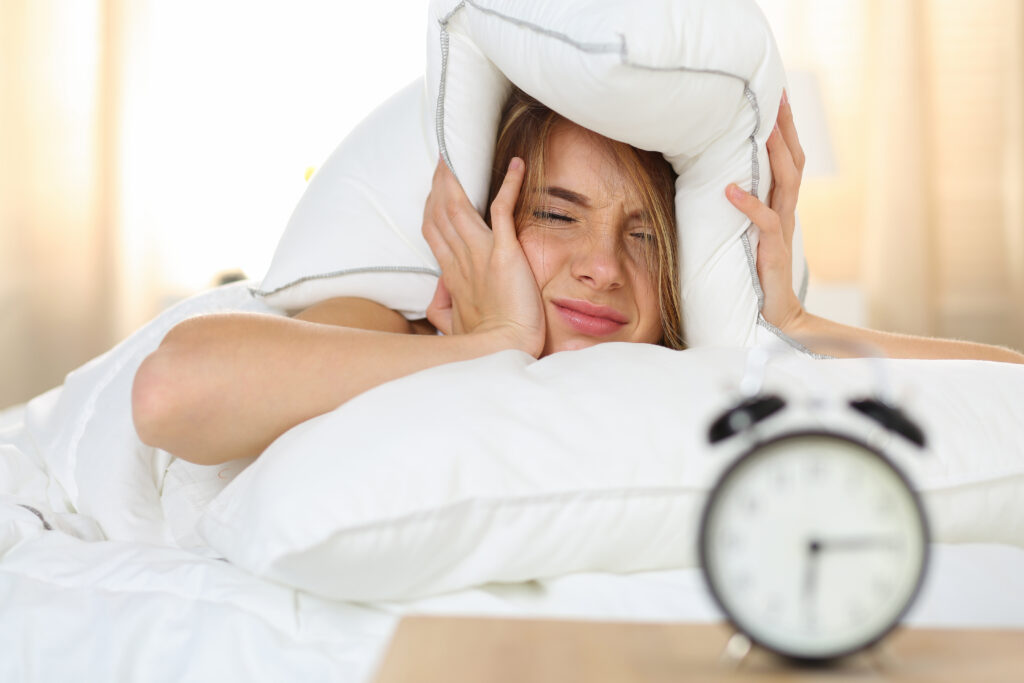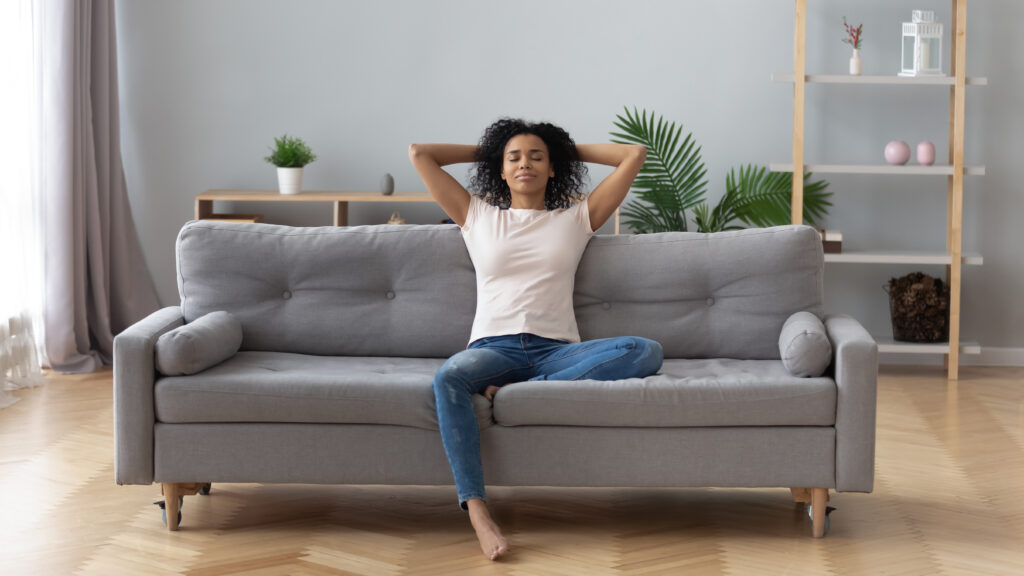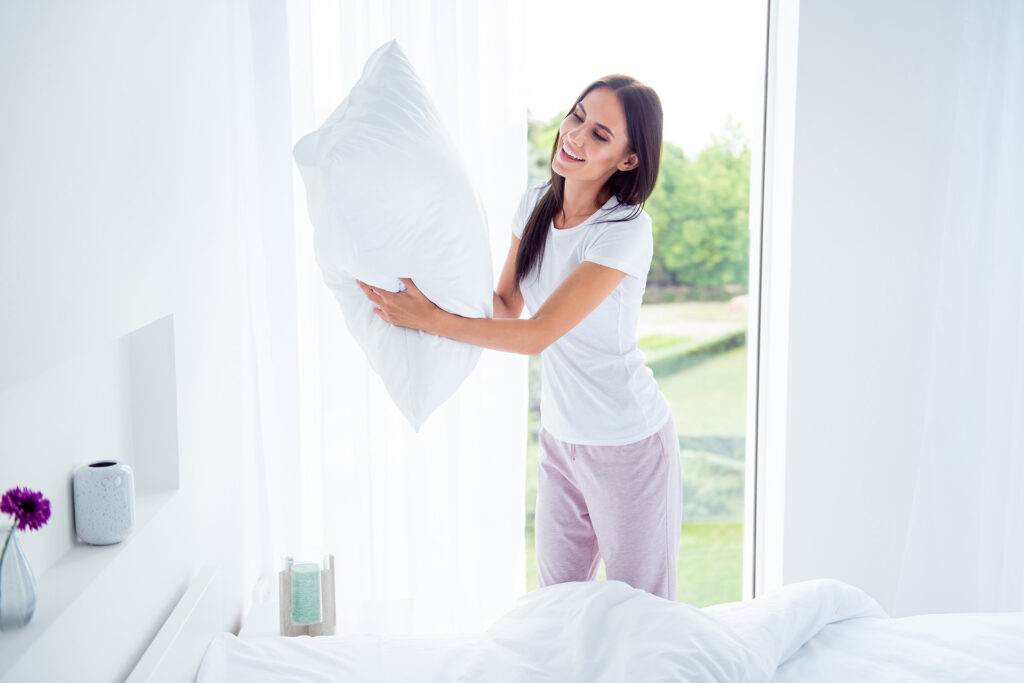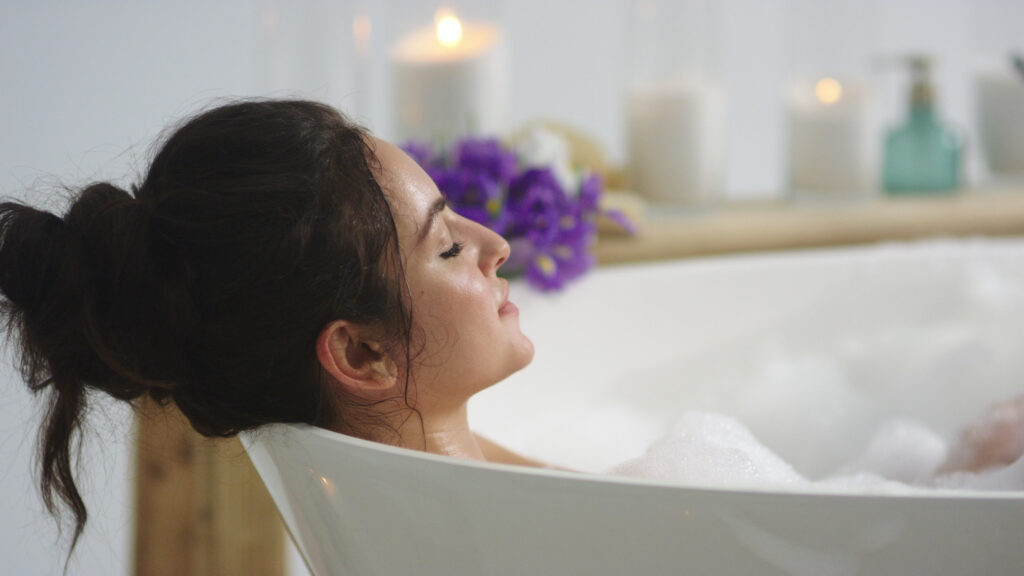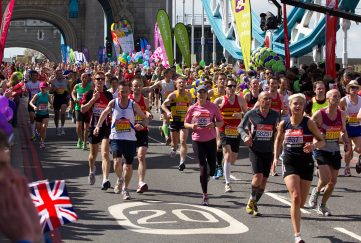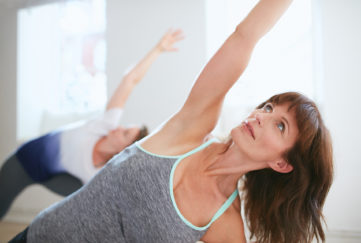Has Your Sleep Been Worse Since Freedom Day?
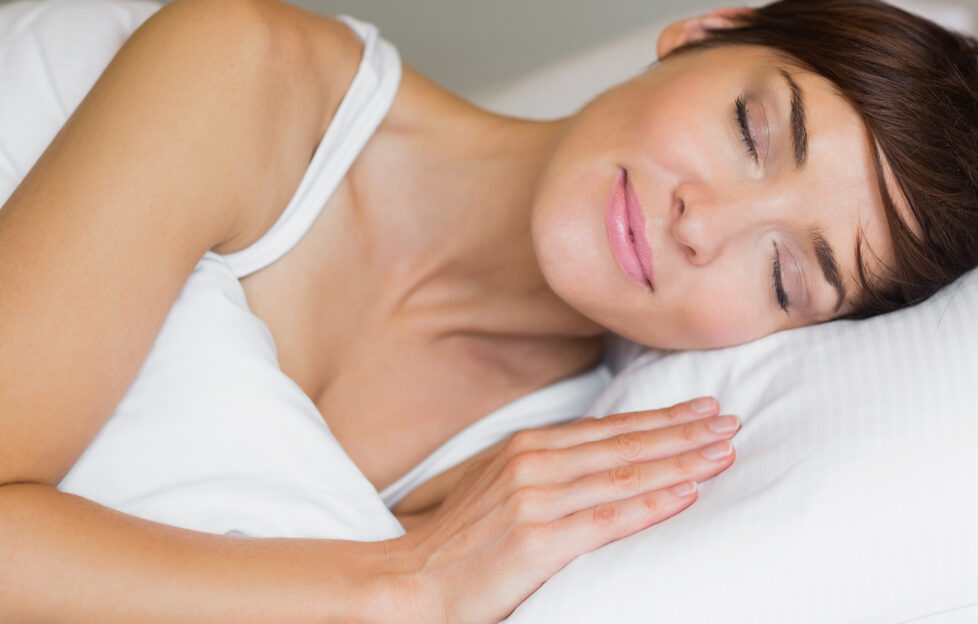
Sleep experts at MattressNextDay have delved into the UK’s sleeping habits and can reveal since 19th July (Freedom day), 6% of Brits are getting less sleep than before. Looking at YouGov data on how many hours Brits sleep at night, only 1 in 5 (19%) Brits were getting the recommended eight hours of sleep per night during lockdown.
But since Freedom Day, this has decreased even more to 1 in 7 (13%) Brits getting their recommended eight hours of sleep. In total, a shocking 79% of Brits are getting less than 8 hours of sleep.
To help those losing out on their 40 winks, MattressNextDay has offered expert tips on how to sleep better:
1 Watch what you eat and drink
With hospitality venues like cafes and restaurants opening up, grabbing a fresh cup of barista-made coffee has become a novelty again, so it comes as no surprise that drinking coffee in the evening can be impacting your sleep. But did you know that drinks such as fizzy pop and cups of tea can contain caffeine? Instead, opt for a glass of water or chamomile tea before bed.
When it comes to food, avoid eating processed foods and sugar. These can interfere with blood sugar levels and high blood sugar levels can lead to your kidneys working harder to eliminate it through urine, which means it can lead to several bathroom trips throughout the night.
2 Avoid alcohol
As restrictions are lifted, most of us are heading back out to pubs and bars to see our friends and family again for a long-overdue catch-up. It may seem like a good idea to have a drink or two late at night, but while you might fall asleep a little faster, alcohol reduces rapid eye movement (REM). This can leave you feeling drowsy the next day impacting your concentration levels. The sugar levels in alcohol vary, alcoholic drinks like cocktails and cider contain a high amount of sugar which raises your blood sugar levels keeping you awake at night. Instead, opt for pure forms of alcohol like whiskey, gin, tequila, rum and vodka which are all completely sugar-free.
3 Stick to a routine
Routine is key to keeping your body clock in check, even on weekends. By maintaining a routine, it can help program your internal clock, the time when you go to bed is affected by the time you wake up and vice versa. The more your routine varies from day to day, the harder it becomes for your body to fall asleep when you try to.
4 Consider meditating
Meditation will activate the parasympathetic system, a division of the nervous system, which decreases adrenaline levels and brings about a calm and relaxed feeling in the body, perfect for helping you sleep at night.
5 Create a relaxing space
The pandemic has led to most of us having to work from home, forced to work from our kitchen tables and even in our bedrooms. On the run-up to returning back to the office, consider making your bedroom a relaxing space.
There are four main things you should strive for when creating your zen space; cool, dark, comfy and quiet. Simple things such as changing your sheets frequently or choosing high-quality bedding can help you sleep better.
6 Take a warm bath
We all know that taking a warm bath can be relaxing, but it’s not the relaxing bath that helps you sleep, it’s the change in temperature. Since your body’s temperature naturally decreases at night, when you get out of the bath your body begins to cool itself down. This cooling down that tricks the body into thinking you have gone from daytime into night-time which promotes a stronger sleep urge.



